As Dean of the college of liberal arts at DLSU, what are the priorities that you want to accomplish?
I am on my last year as Dean of the College of Liberal Arts, since I will be enjoying my one year Sabbatical the whole of 2009. I look forward to it, without of course saying that I did not enjoy my role of being Dean. In fact, I consider my over four years of being Dean as most pleasant and productive. All the things that I wanted to prioritize as Dean are no longer things I want to accomplish, but are things most of which are beginning to be realized. CLA is the biggest College at DLSU, with ten academic departments, three research centers and one research institute. My faculty is about 220-strong. It is at the epicenter for the delivery of the Lasallian Core Curriculum (or GE), which focuses on a transformative, learner-centered, and multi-intelligence focused approach to pedagogy towards liberal education. It is quite a challenge to deliver the kind of services required to meet the demands of students and their parents who want to get their money’s worth of education. I am fortunate that DLSU has adequate resources and facilities to enable us to deliver quality service. Furthermore, faculty morale is quite good, particularly helped by very clear promotion and tenure policies, and reasonable and competitive faculty benefits. What also contributed to the dynamism of DLSU in general and CLA in particular is the fact that our faculty are not in-bred. We have a healthy dose of pluralism and diversity from among our faculty, in which products of DLSU, UP, Ateneo and UST, and other Universities, armed with graduate degrees acquired both locally and abroad, interact to form a heterogeneous academic community that is more outward and forward looking, and more tolerant of differences.
There is always a notion that DLSU is one of the bastions of elitism. Can you tell us why that this is more of a misconception rather than a fact?
It may have been in the past, but not anymore. In fact, for the past years, DLSU has been at the forefront of activism, particularly in being critical of the excesses of the current Administration. Our academic programs have institutionalized community service and exposure in our various courses, particularly in the social sciences. The core of Lasallian education is touching hearts, teaching minds, and transforming lives. While it was indeed undeniable that my experience in UP was quite politically rewarding in the sense that I was able to contribute to the education of the children of the poor and the marginalized, it was equally politically rewarding for me to have now contributed to the education of the children of the wealthy so that they can acquire a perspective that would help the poor and the marginalized (even as UP is gradually now becoming also a haven for the children of the wealthy and the elites).
Tudla encountered a white paper containing a quotable quote from you: “I am a Varron. That itself is a political statement.” Will you care to elaborate? Do you think there is politics in advocating truth, love, justice, freedom?
[/fusion_builder_column]There is politics in everything that we do. Power is exercised everywhere, not only in Congress and in Malacanang, but in our everyday life. Being a Varron is a claim to existence, and an adherence to a particular value system. It embodies with it a claim to power, since it alludes to a label that we believe to distinguish us from others, and make us “better.” We presume to value truth, love, justice and freedom—four concepts that are loaded with power and influence in shaping minds and hearts. Truth is power against the lie. Love is power since it can negate hatred, and could also make us see beyond weaknesses. Justice and freedom are forms of power for they serve as the foundations of democracy and fair play. What more can be political than these.
You were the GV of the forestry chapter in 1981-82. Can you think of an event that makes it worthwhile assuming this leadership position?

Tonton is joined by other Varrons in this photo taken during the 2007 Anniversary celebration. To his left is his wife Jenny.
I became GV at a time when the organization faced an ideological split, between the progressives and the realists. It was a very difficult time for the organization. The fact that UPVL remained intact was due mainly to the persistence of the general membership to go beyond “colors” (of being red or otherwise) and “directions” (of being left or right, or center). That is a single but salient reason for me to look back and tell myself that somewhat it was all worth the pain and the hurt, and that it was indeed the best time for someone to serve as Grand Varron.
Last Updated on October 12, 2016 by Tudla_Admin


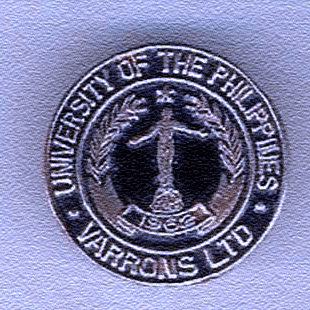


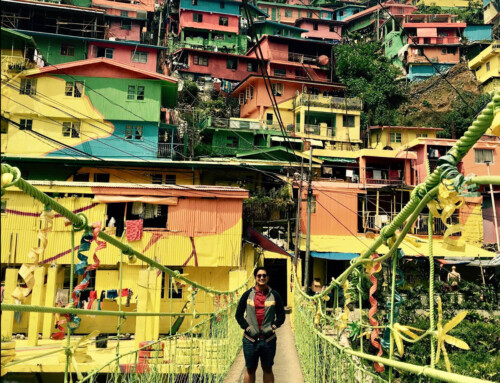

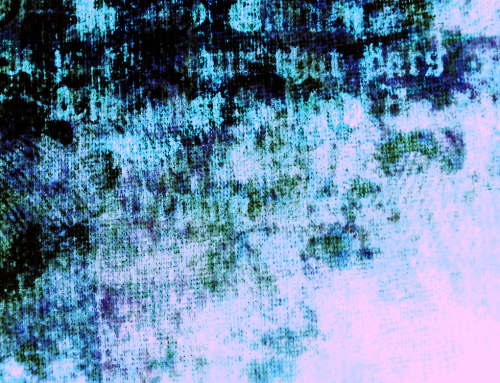



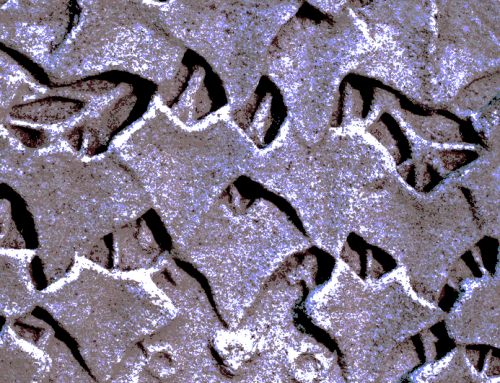
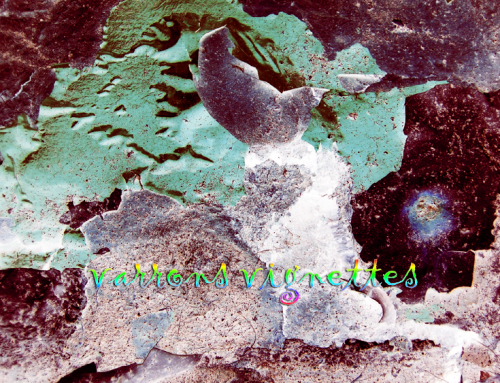
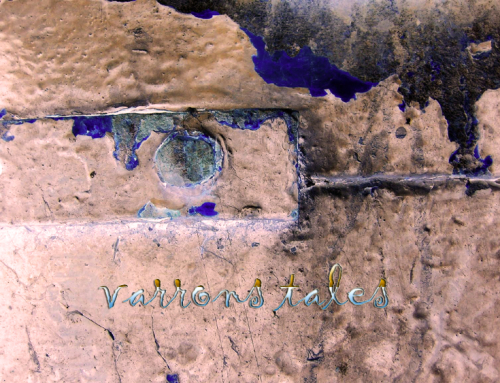
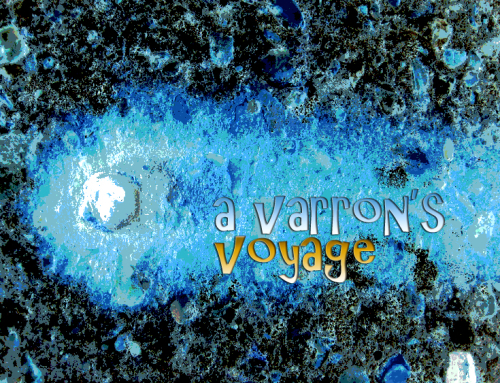
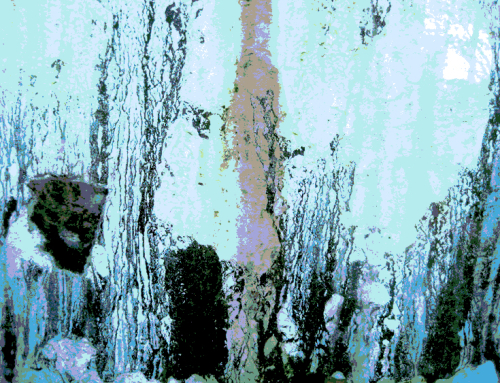

[…] by Antonio “Tonton” Contreras (Survivors ‘78) Tonton's Political Blog […]